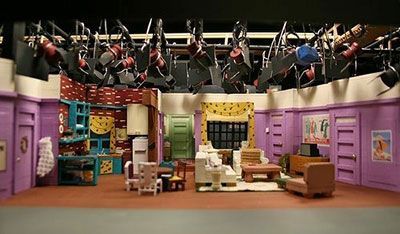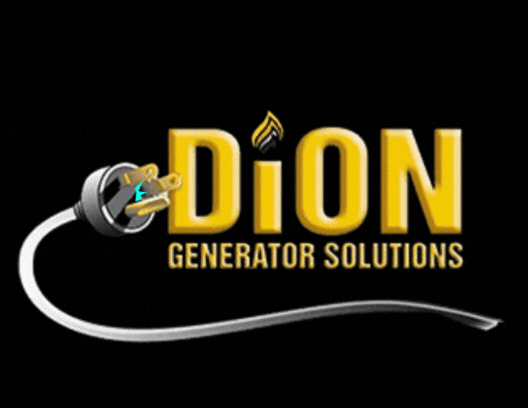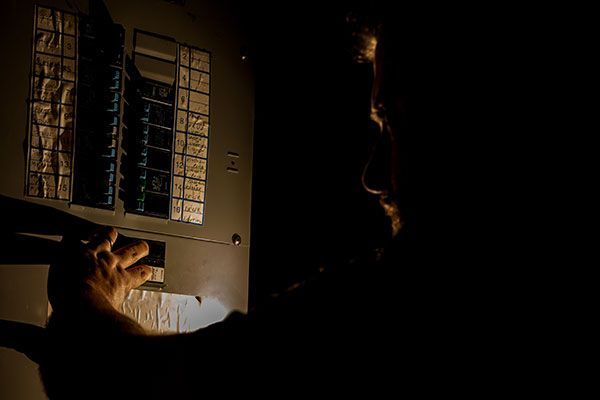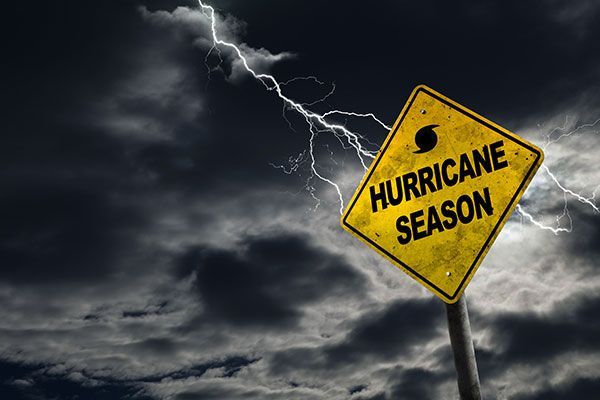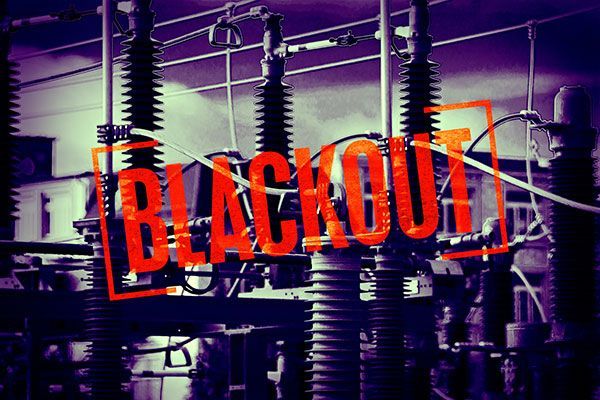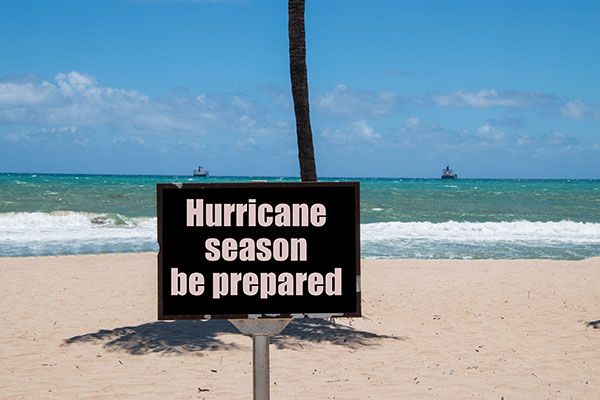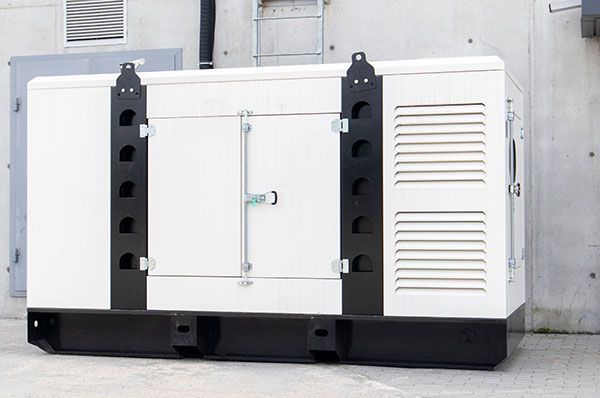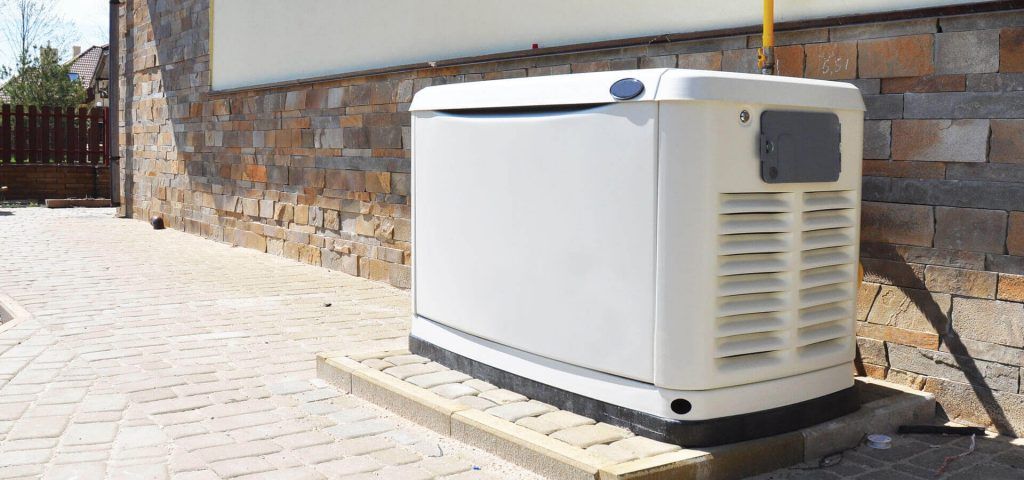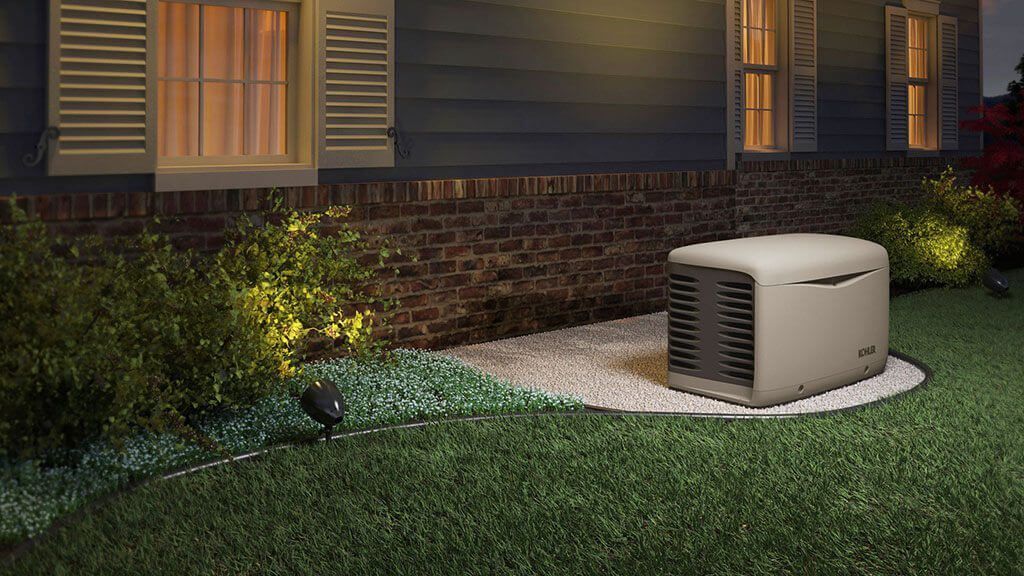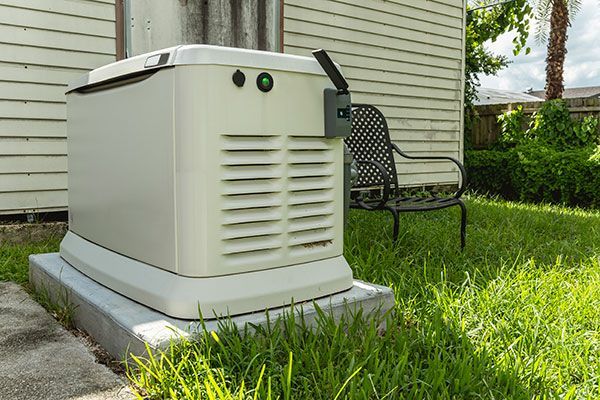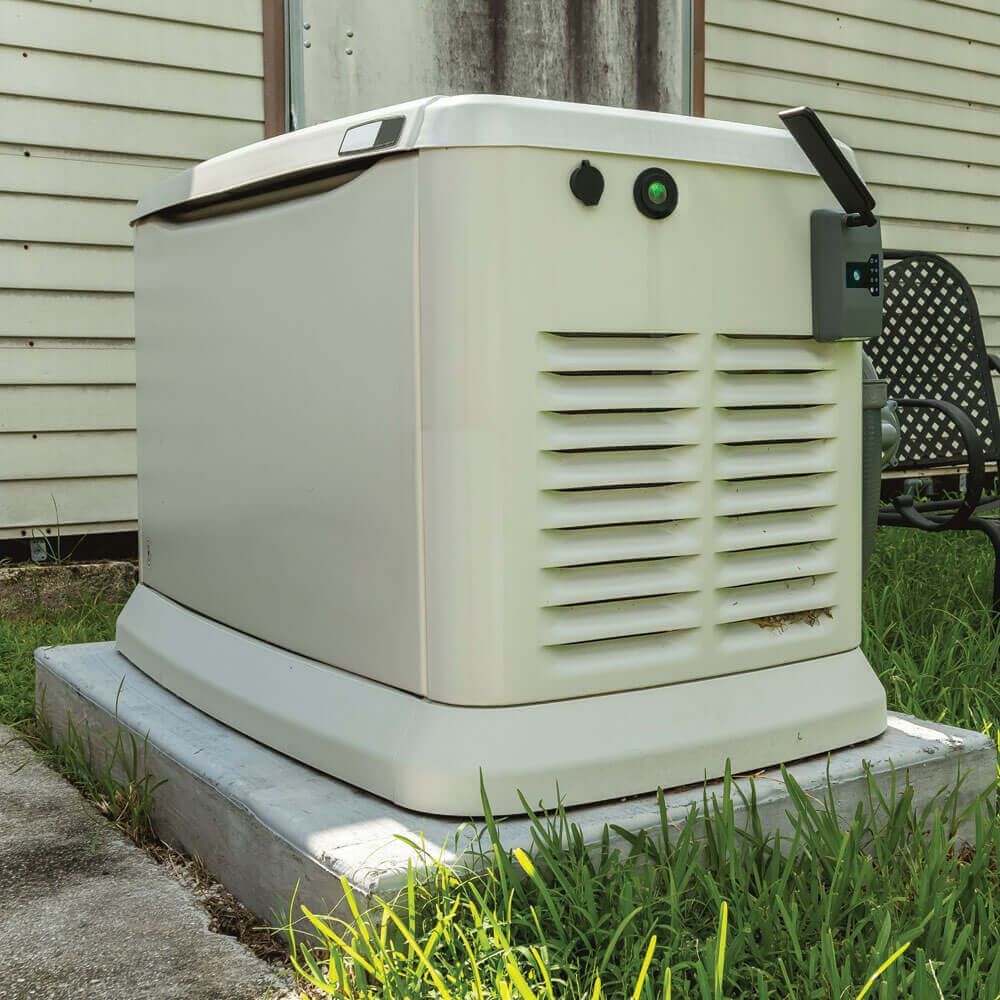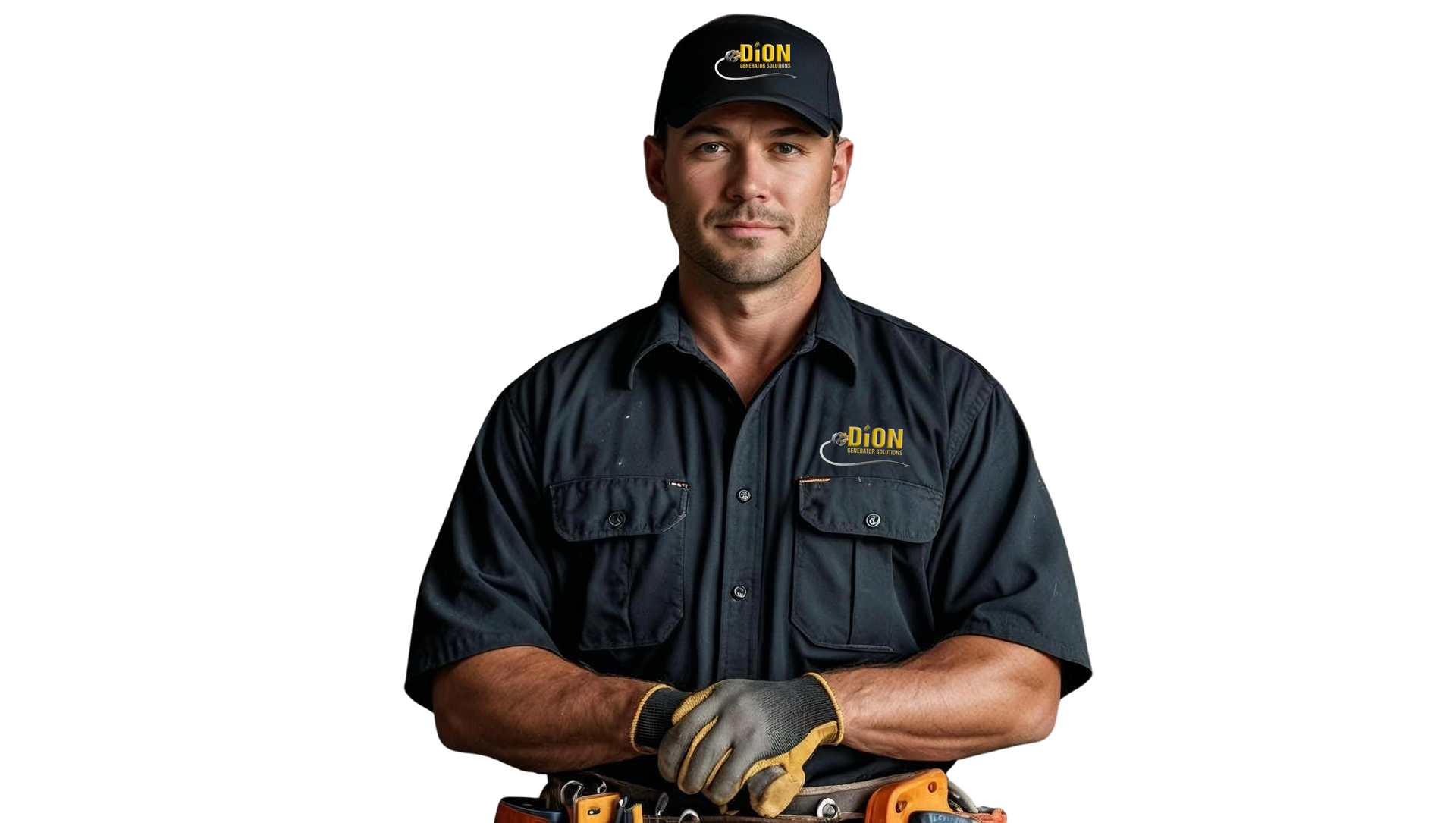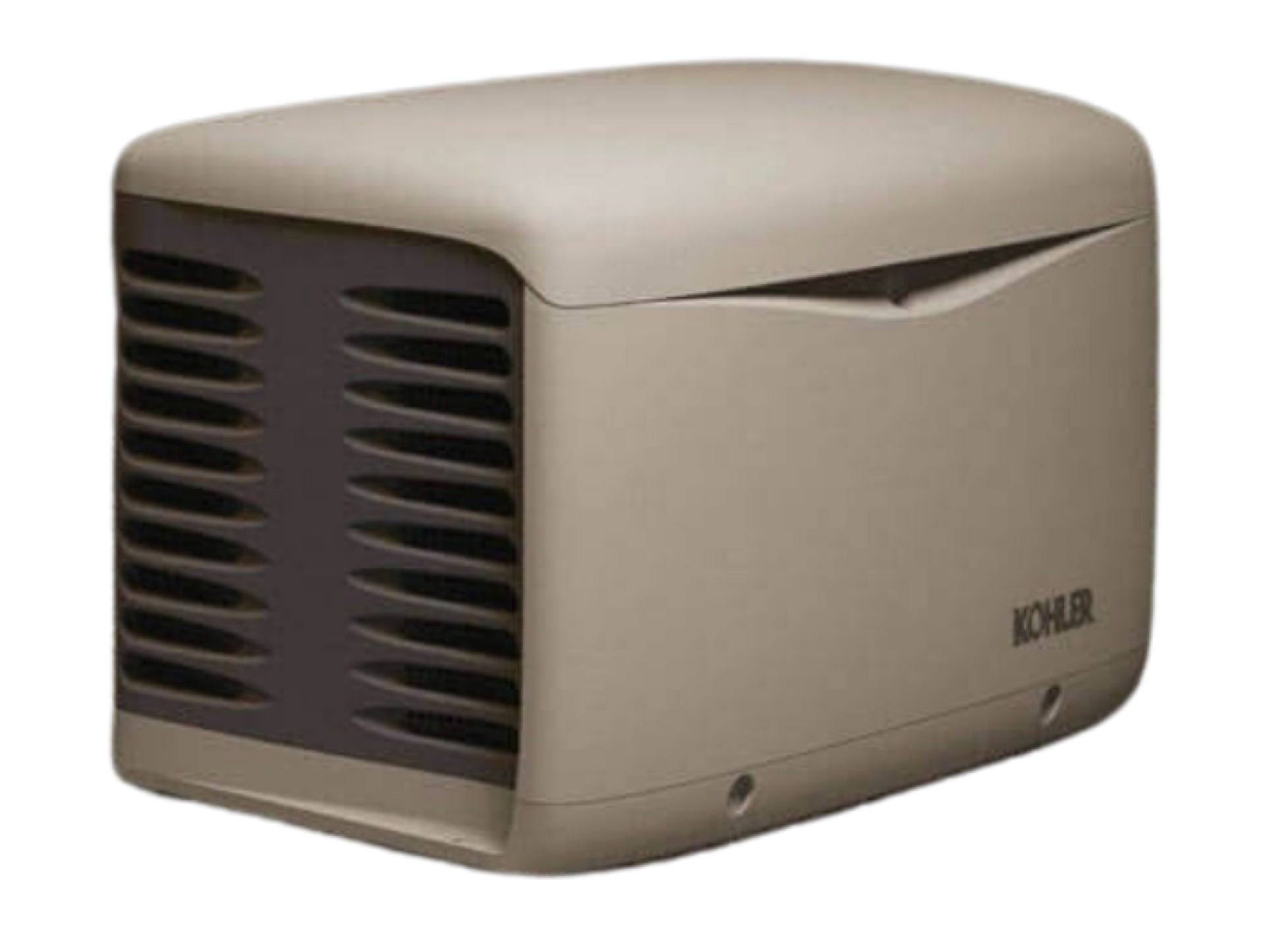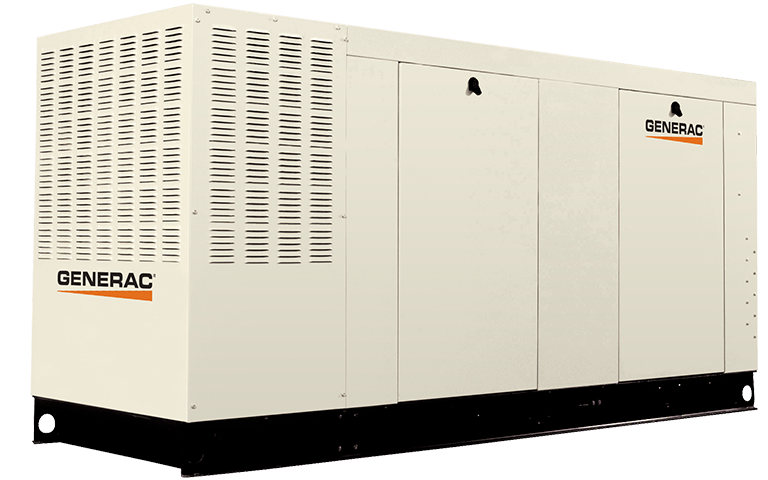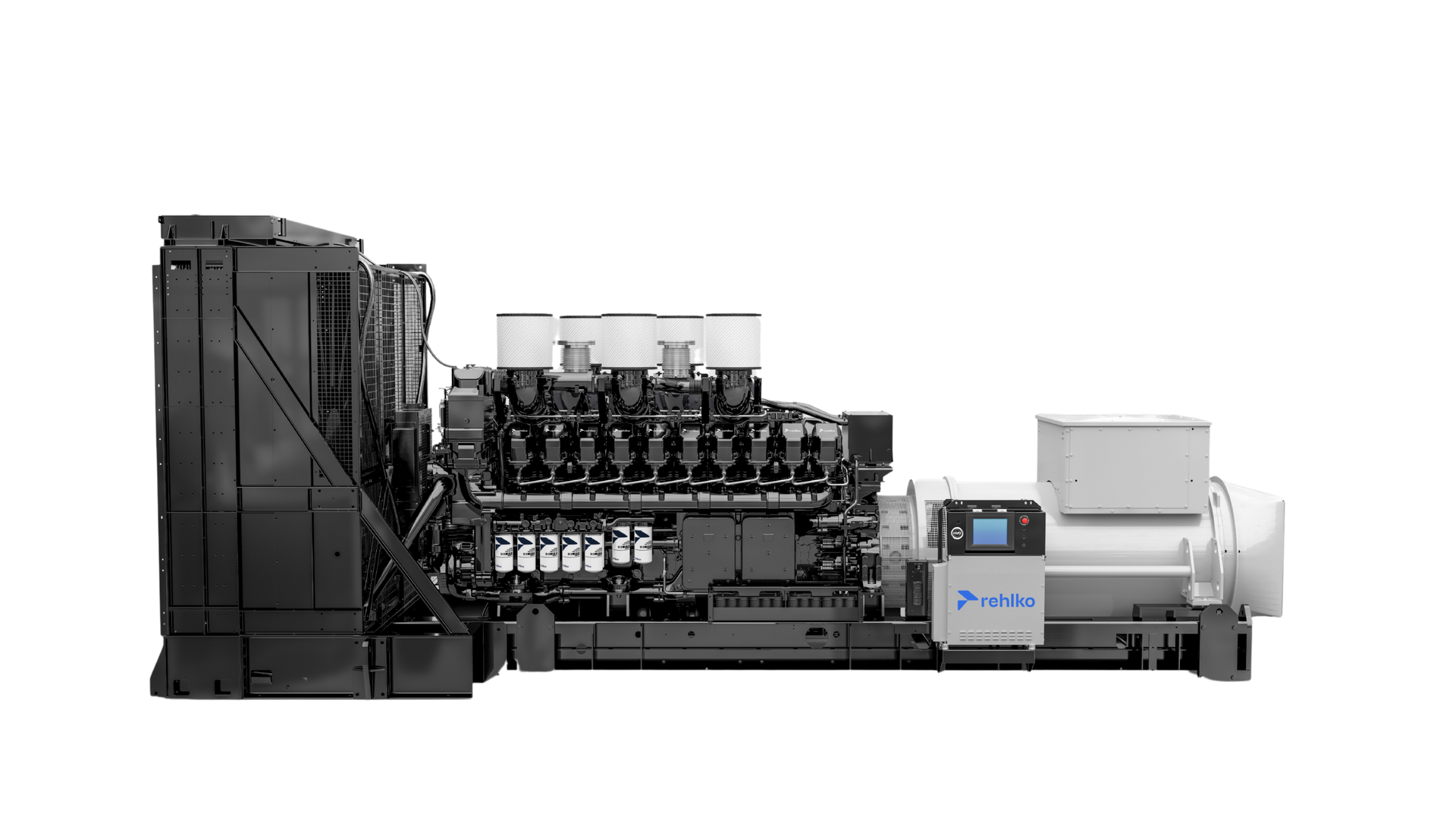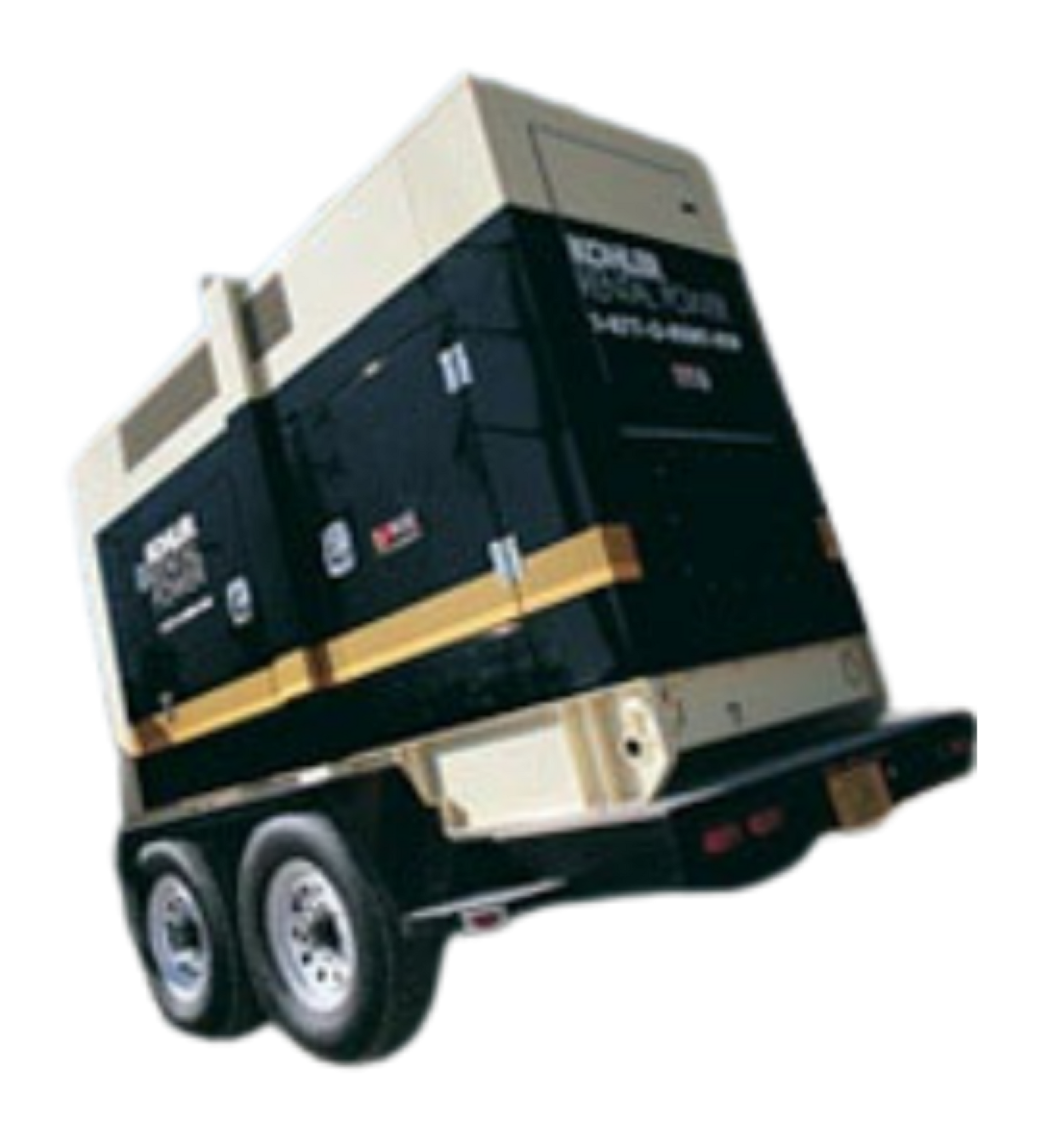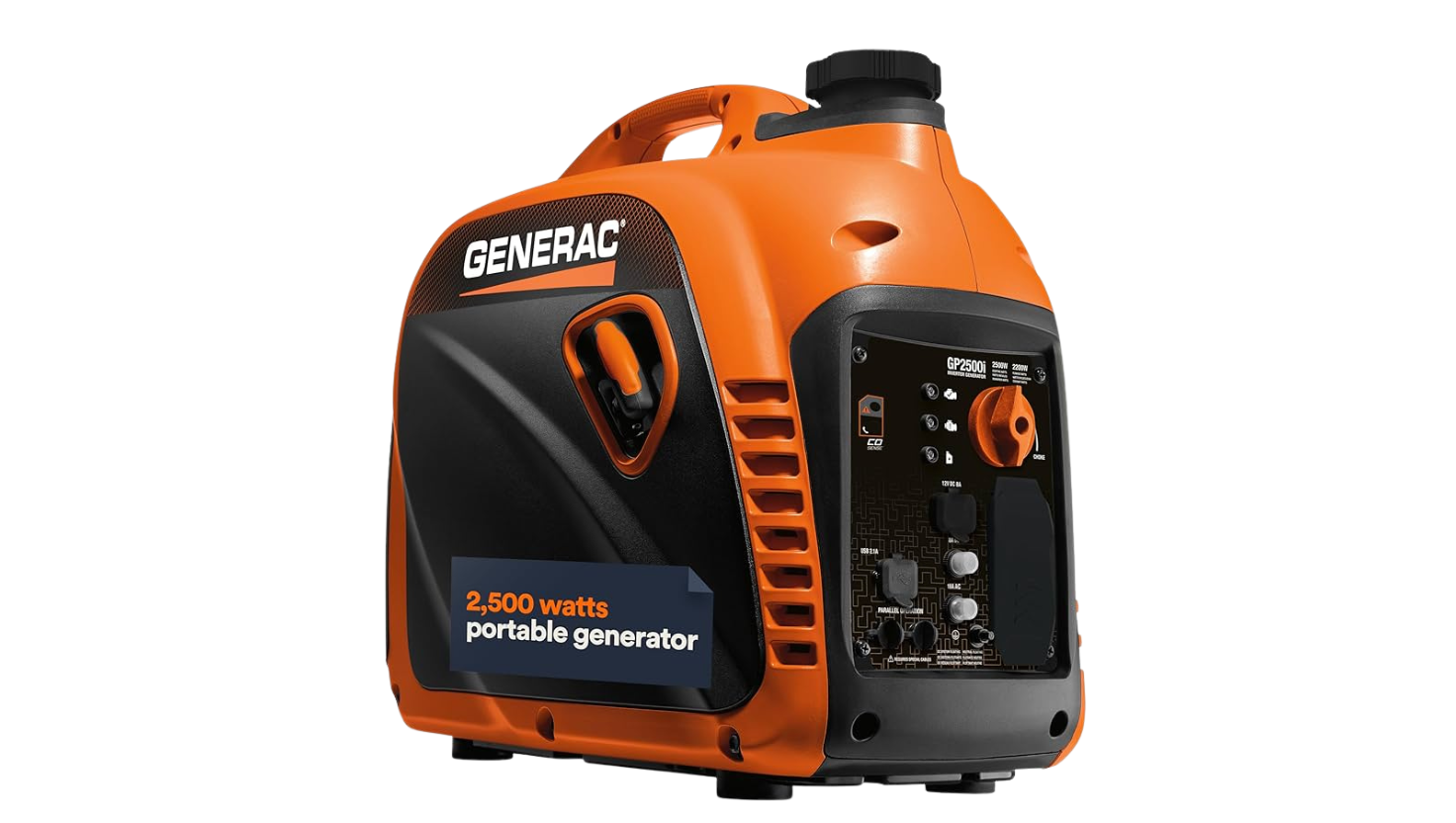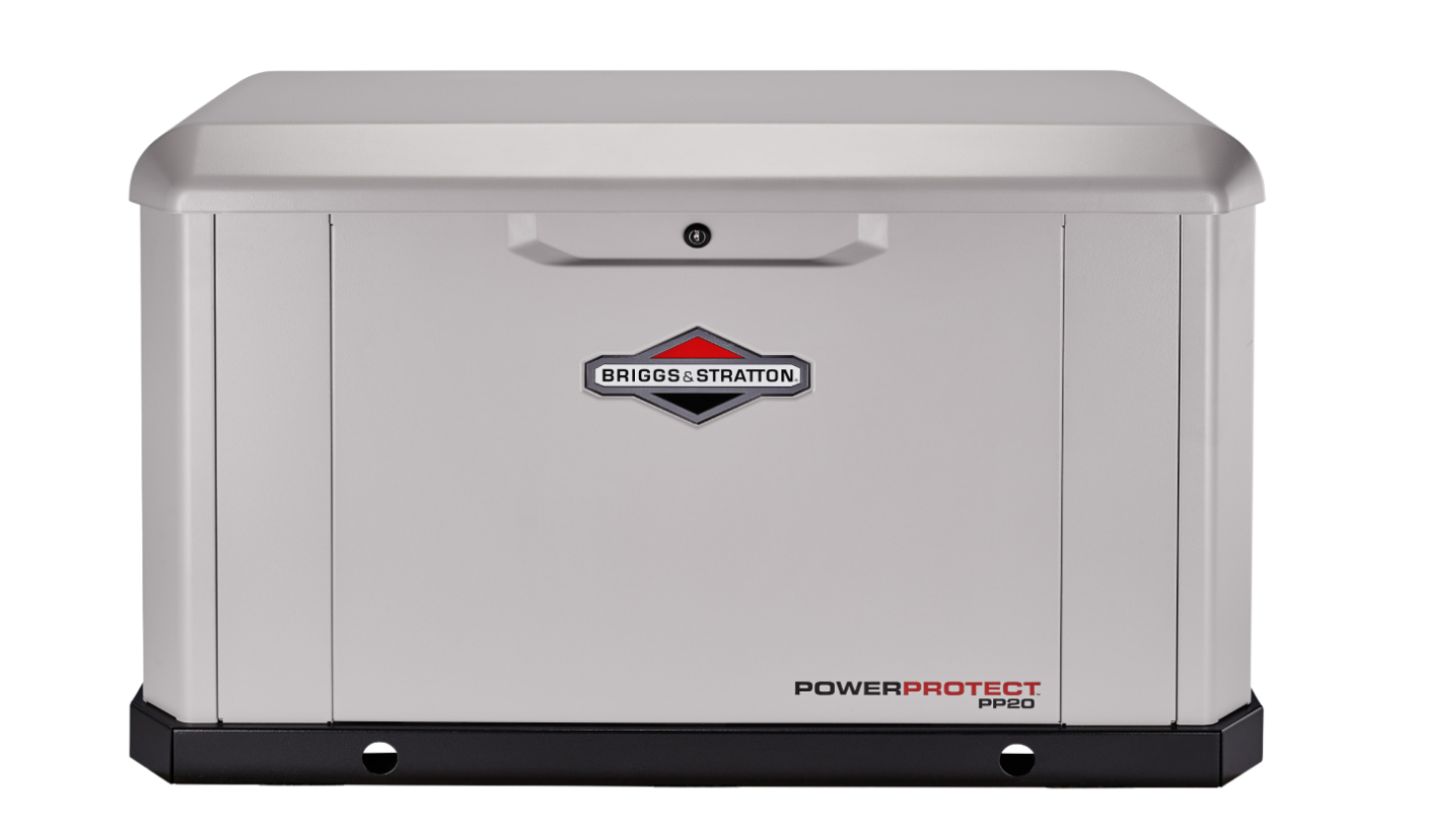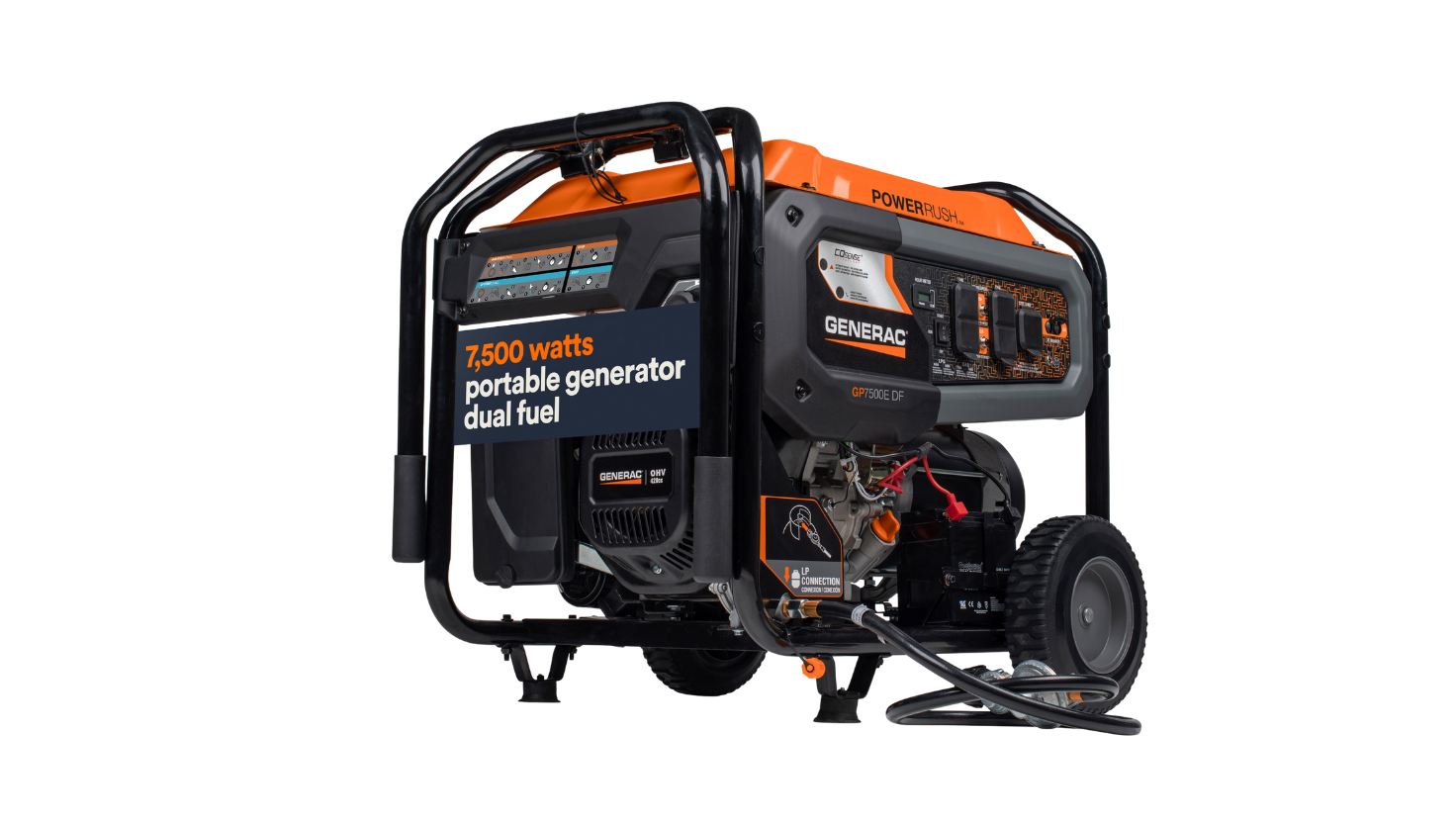How Generator Installation Works: What To Expect During the Process
Overview
Dion Generator Solutions’ blog post walks you through the entire generator installation process, from the initial consultation to the final test. By the end, you’ll have a better understanding of the steps involved, the considerations that need to be made, and how to ensure that your generator functions at its best when you need it most.
Highlights
- Consultations
- Site surveys
- Securing permits
- Electrical considerations
- Fuel line installation
- Generator testing
Introduction
Installing a generator is an investment in your peace of mind. Whether you’re preparing for a potential power outage due to weather conditions or you want to ensure your home remains operational during an emergency, a home generator provides a safety net.
However, the process of installing a generator can seem daunting to some homeowners, especially if you’re not familiar with the intricacies of how a generator works and what goes into the installation.
Join Dion Generator Solutions as we go through what to expect during a generator installation.
Initial Consultation: Assessing Your Needs
The first step in the generator installation process is understanding your specific needs. Every home has different requirements based on factors like size, location, electrical demand, and potential threats to power.
During the initial consultation, a licensed professional will come to your home to assess these needs and help you decide which type of generator is best suited to your home.
Some of the key considerations during this phase include:
- Power load requirements: This is the most important factor in choosing the right generator. A technician will evaluate your electrical usage to determine how much power the generator needs to provide. A whole-house generator might be required for larger homes, while a smaller, portable generator may suffice for a more modest setup.
- Fuel type: Generators can run on various fuel types, such as natural gas, propane, or diesel. The availability of fuel and your preferences will play a large role in determining the best option.
Once the technician has gathered this information, they can recommend a generator model and determine the necessary sizing for your home.
Site Survey: Finding the Right Spot for Installation
After choosing a generator, the next step is to determine where it will be installed. The location is crucial for both the performance and safety of the system.
Considerations during the site survey include:
- Distance from the home
- Ventilation
- Clearance
- Access to fuel
By assessing these factors, the technician will ensure that the installation site is optimal for both safety and functionality.
How Far Should You Keep a Generator From a House?
The appropriate distance for placing a generator from your home typically ranges from 5 to 20 feet, depending on local building codes and regulations. This distance ensures the safe dispersal of exhaust fumes, particularly carbon monoxide, which can be hazardous if trapped near windows, doors, or vents. Placing the generator too close to the house increases the risk of carbon monoxide poisoning and can affect the generator’s efficiency due to inadequate ventilation.
Remember: always check with local regulations to determine the exact distance required for your area.
Permitting and Regulatory Compliance for Generator Use
Generator installation is governed by strict codes and regulations, so it’s important to ensure that your generator is compliant with local building codes. Before beginning the installation, our professional installers will help secure any necessary permits.
Depending on your location, this can involve:
- Electrical permits: The generator will need to be connected to your home’s electrical panel, which may require a separate electrical permit.
- Gas permits: If you choose a fuel-powered generator, a permit for connecting the generator to the fuel supply may also be required.
Electrical Wiring and Connection
Once permits are secured, the next phase of installation is connecting the generator to your home’s electrical system. This requires specialized knowledge and training because the generator will need to be hardwired to your electrical panel.
If your home’s electrical panel isn’t capable of handling the generator load, it may need to be upgraded. This may involve installing a transfer switch, which ensures that power from the generator is safely routed to the electrical system when the grid fails. This ensures that your home’s electrical system works smoothly without disruption. Transfer switches prevent backfeeding into the utility line and are a critical safety feature.
The technician will connect the generator to the loads you want to back up, such as refrigerators, HVAC systems, and lighting circuits.
If you’re installing a whole-house generator, electrical considerations are particularly important because your entire home will rely on the generator to power essential appliances and systems.
Fuel Line Installation for New Generators
If you’ve chosen a fuel-powered generator, the next step is to install the fuel lines.
This could involve:
- Natural gas line installation
- Propane tank installation
- Ensuring fuel lines are connected properly
- Checks for fuel leaks and compliance with safety standards
Testing the Generator
Once the generator is fully installed and all connections are made, the technician will conduct a series of crucial tests to ensure the system is functioning properly. These tests are vital to guarantee that your generator will operate as expected during an emergency.
The first step in testing is the startup. The technician will turn on the generator to check its functionality, ensuring it powers up smoothly and that the electrical transfer switch engages properly.
Next, the technician will perform a load test by running the generator under a simulated electrical load. This ensures that the generator can handle the electrical demands of your home during an outage.
Generator installation is a detailed process that requires professional expertise and careful planning to ensure that the system operates safely and effectively.
Trust Dion Generator Solutions’ Approach to Generator Installation
Dion Generator Solutions specializes in the installation and servicing of top generator brands. Our professional team ensures that every installation is done with precision, safety, and reliability in mind, so you can rest easy knowing that your home will be powered when you need it most. Rain or shine, you’ll be able to depend on your generator—and us, too.
Contact us at (305) 450-8787 to learn more about our generator services and schedule your installation!
